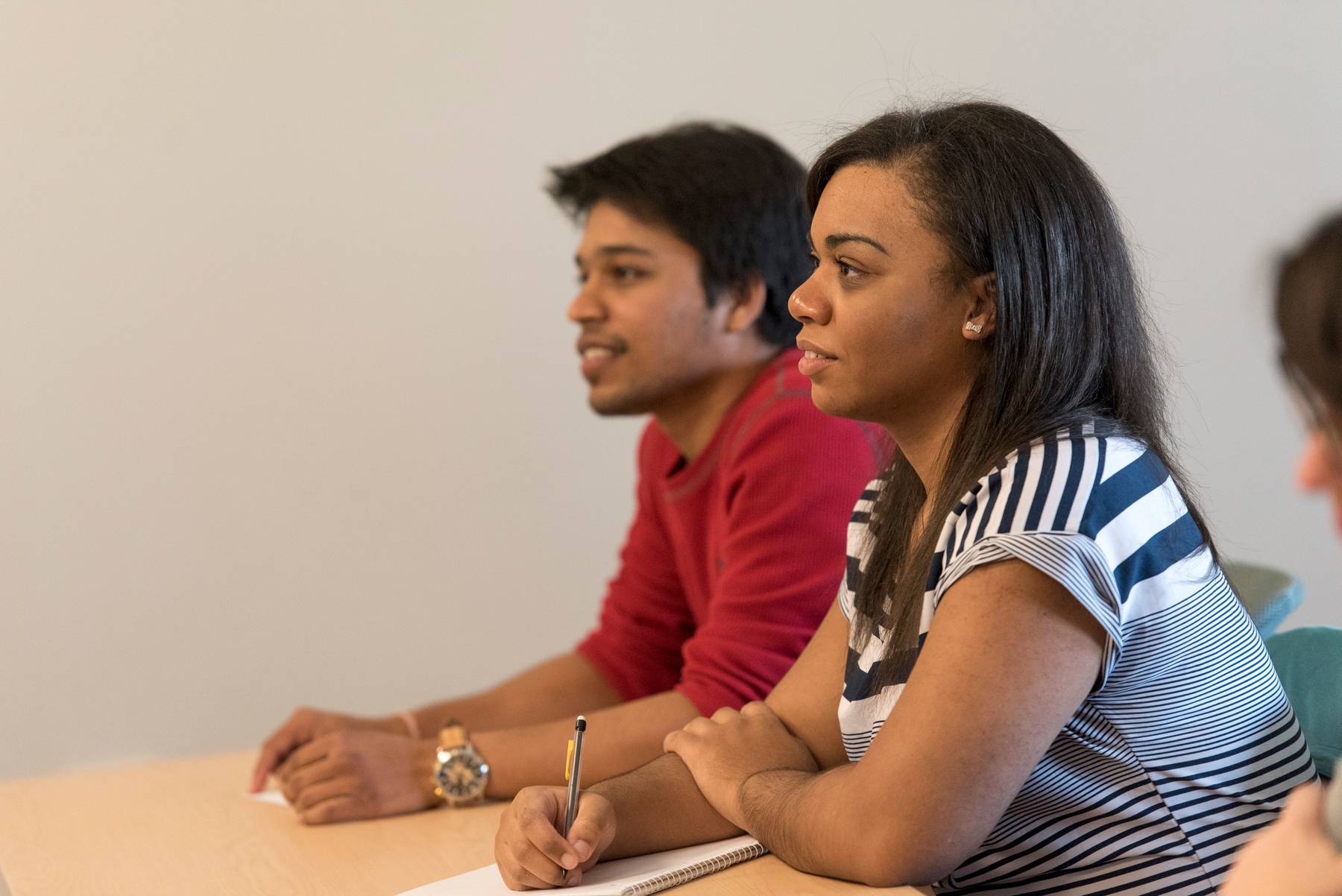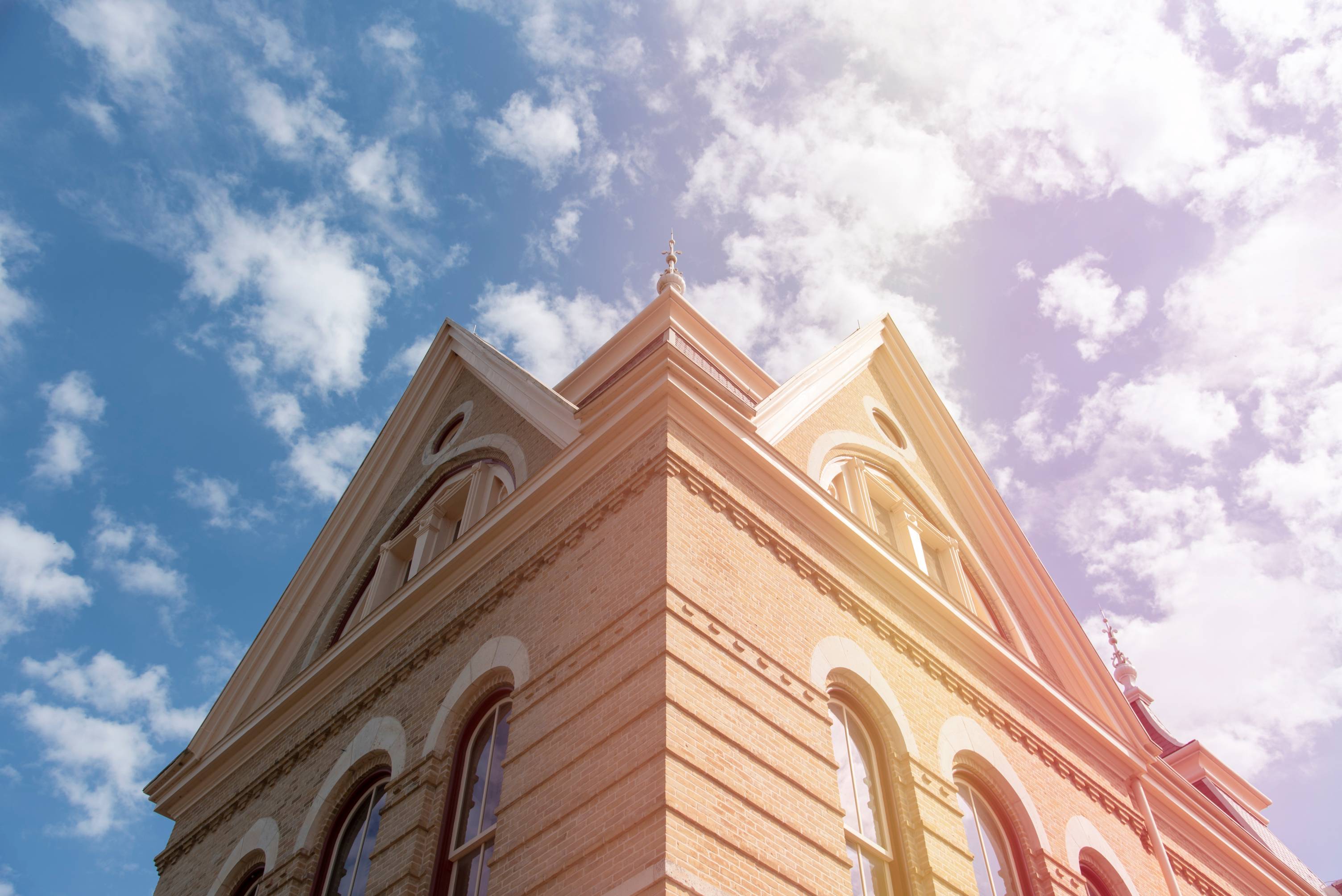In parallel to these activities, a seminar and commercialization forum is held every Friday. In this forum the speakers are successful entrepreneurs, officers of companies, IP attorneys, or other industry scientists and engineers who are invited to share their expertise with the students. The speakers discuss their experience in starting or running a company or the technicalities of starting a company as well as provide technical details of their products or research. Students are required to take 4 semesters of this forum.
Commercialization Efforts
Student Commercialization Activities
Boot Camp #1
There are two boot camps required in the program. The first boot camp is held the week before the students enter the program. In this boot camp the students are taken through several ideation programs and learn to find good business problems. Students then create a SME (Small to Medium Enterprise) idea and are guided through the process of launching this business on a website. This effort is supported during the day by lectures on critical components of a business plan such as market analysis, financial projections, intellectual property, sales strategies, manufacturing, and management. The boot camp culminates provides real-world practical experience in starting a business, while developing a big idea to work on during the rest of the program. Students graduate boot camp #1 with a solid IDE (Innovation Driven Enterprise) to work on in the coming year, usually related to their area of expertise or research.
Entrepreneurial Coursework
The first boot camp is followed by a two-course series on entrepreneurial skills. This course goes into depth on subjects related to business plans, raising capital, management, intellectual property, market analysis and marketing, sales, manufacturing, and research and development. This series is team taught between the McCoy School of Business and MSEC. In the first week of the course the students are required to pick an idea related to their research upon which a business plan can be built and potentially a business. Students who attend boot camp #1 can carry forward their IDE ideas into this class.
Boot Camp #2
The second boot camp is held after the end of the spring semester in May. The students over the preceding two semesters have been assigned the task of producing a business plan and demonstrating traction for an IDE start- up related to their research or area of expertise. Students meet investors and entrepreneurs from the Central Texas startup community and get to interact with live Q&A sessions with renowned investors. Students will then compete in several rounds of investment competition, just for PhD students in the boot camp. A typical boot camp will have 16-20 business plans. These are narrowed to the top 4 pitches. The students that did not make the finals become judges and select a student’s choice winner. The four finalist teams are then given the opportunity to pitch in front of real Venture Capital investors from Central Texas, including partners from Live Oak Ventures, ATX Venture Partners and Silverton Partners among others. The top finalist teams receive cash awards.


Candidacy Requirements
The last commercial component of the program is the requirements for admittance to candidacy. There are three components. The first is a traditional research plan for their doctoral research that must be defended orally. The second is a business plan developed around the student’s research that is presented orally. This is met by the second boot camp. The third requirement is that the student writes a SBIR/STTR proposal and defends it orally.